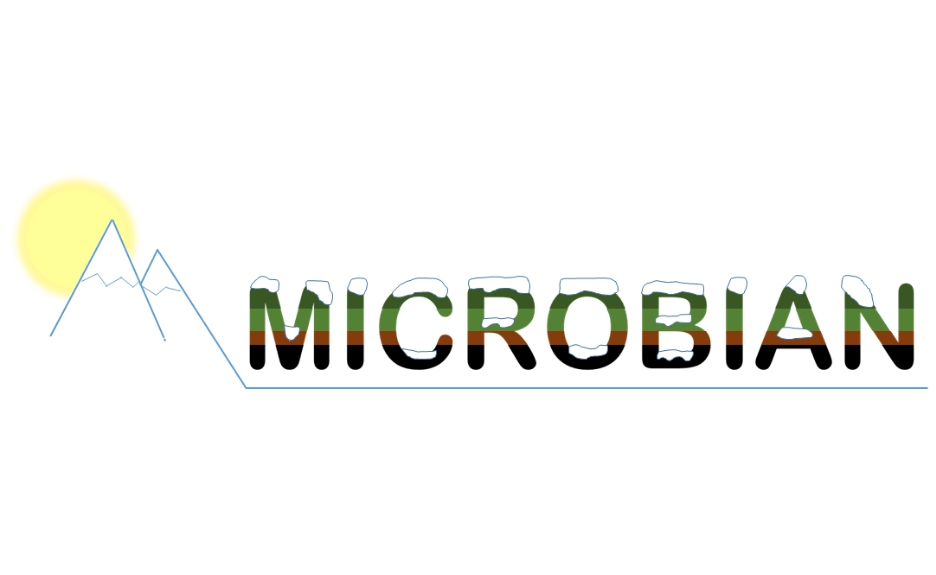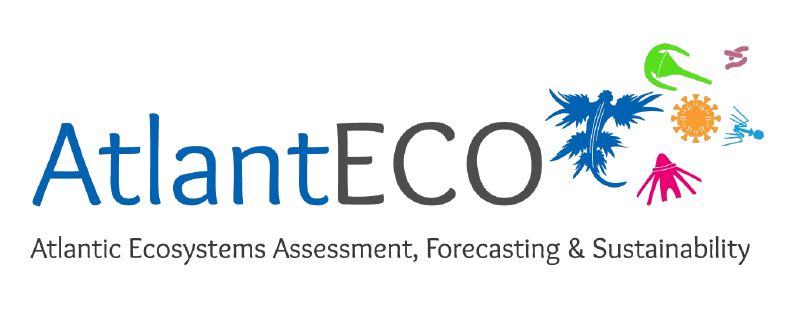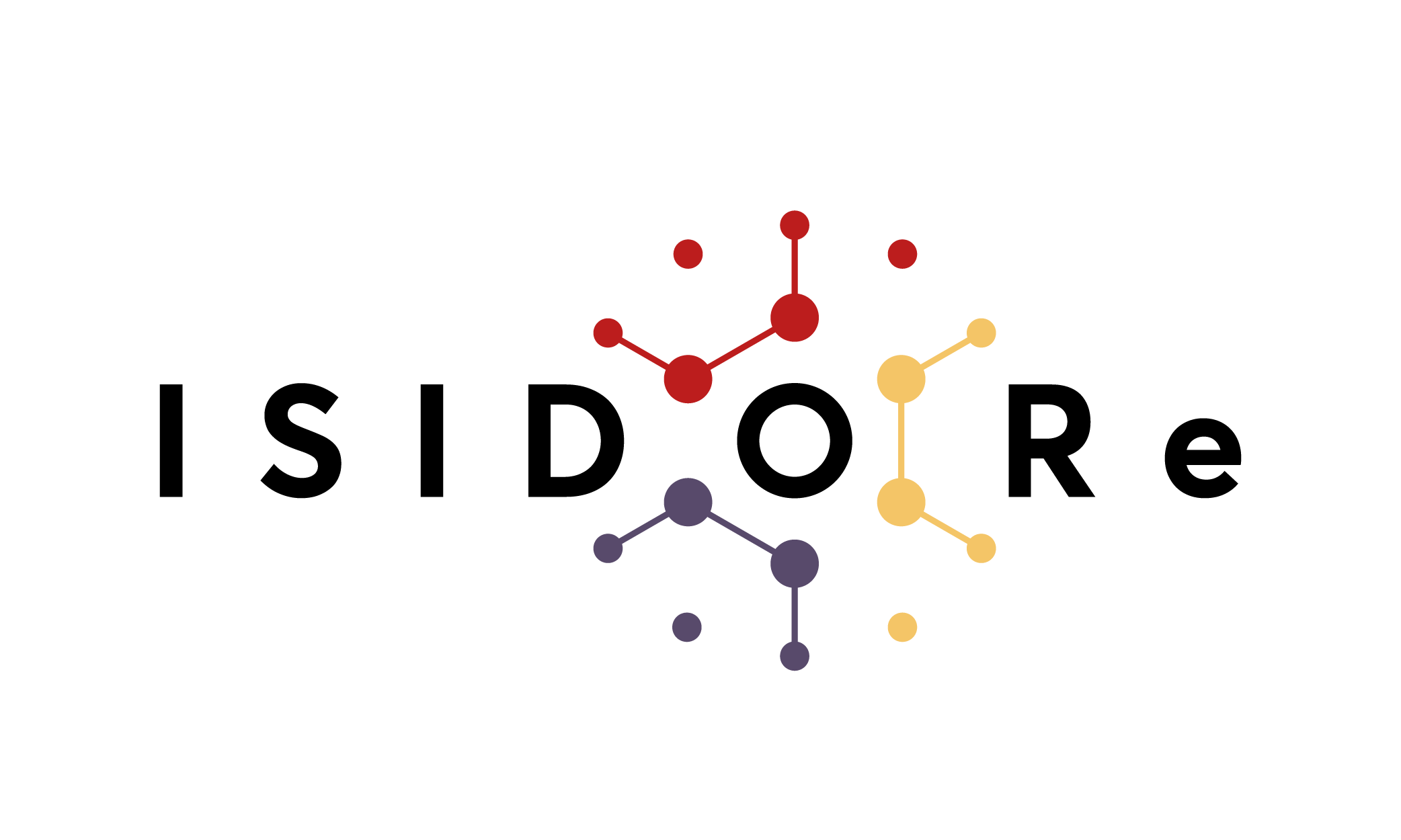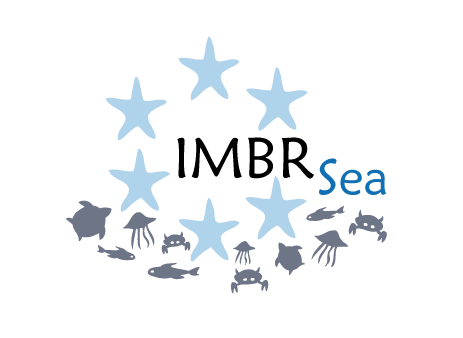The scarce ice-free areas in Antarctica are among the most extreme terrestrial environments on Earth. Life in these places is dominated by microbes. As a consequence, foodwebs are strongly truncated, with few metazoans consuming organic matter and microbial biomass. Elucidating the factors that shape the biodiversity of these microbiomes and control their contribution to biogeochemical processes, provides the scientific basis for habitat mapping and classification, for developing conservation strategies, for guiding long-term monitoring efforts and for predicting their possible response to future environmental changes. In this respect, inland nunataks in East Antarctica, like the Sør Rondane Mountains, are far less well-studied than those in more coastal locations and in the McMurdo Dry Valleys. This is surprising given their long-term exposure and their potential role as ice-free refugia during Neogene and Pleistocene glacial maxima.
The specific objectives of MiCROBIAN are to:
- predict the response of biological crust and microbial mat communities and their ecosystem functions to future environmental changes;
- identify those species and processes that are changing in response to climate change. These indicators can then be used as ‘canaries in the coalmine’ to track changes in temperature and snow cover regimes and growth season length;
- assess where and when changes in ecosystem processes occur along gradients in temperature and snow cover and identify environmental thresholds and tipping points;
- assess potential means of cross contamination of (alien) microorganisms between different ice-free regions, which will provide the scientific underpinning for policy support related to the Committee on Environmental Protection of SCAR.
Project dates: 15 December 2016 to 15 March 2021
EMBRC-BE role: UGent (PAE) is coordinator, UGent (LM), RBINS are partners
Contact: wim.vyverman@ugent.be
Funding: €853 304 (BRAIN-be funded project)












